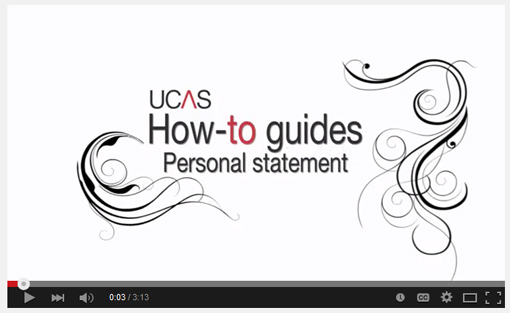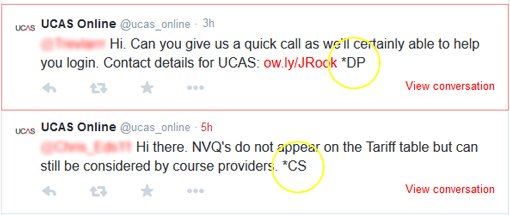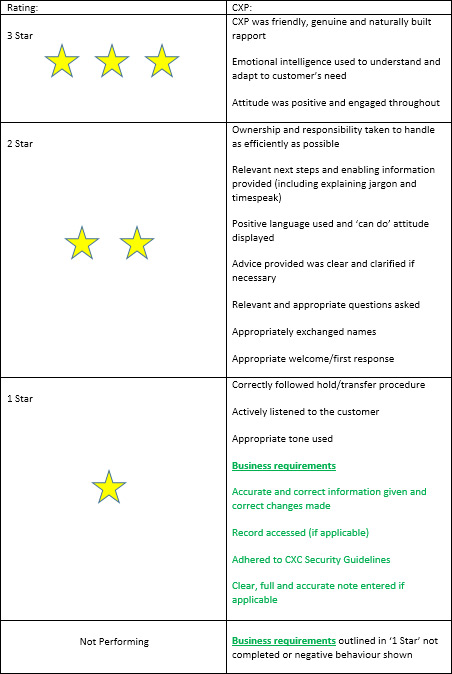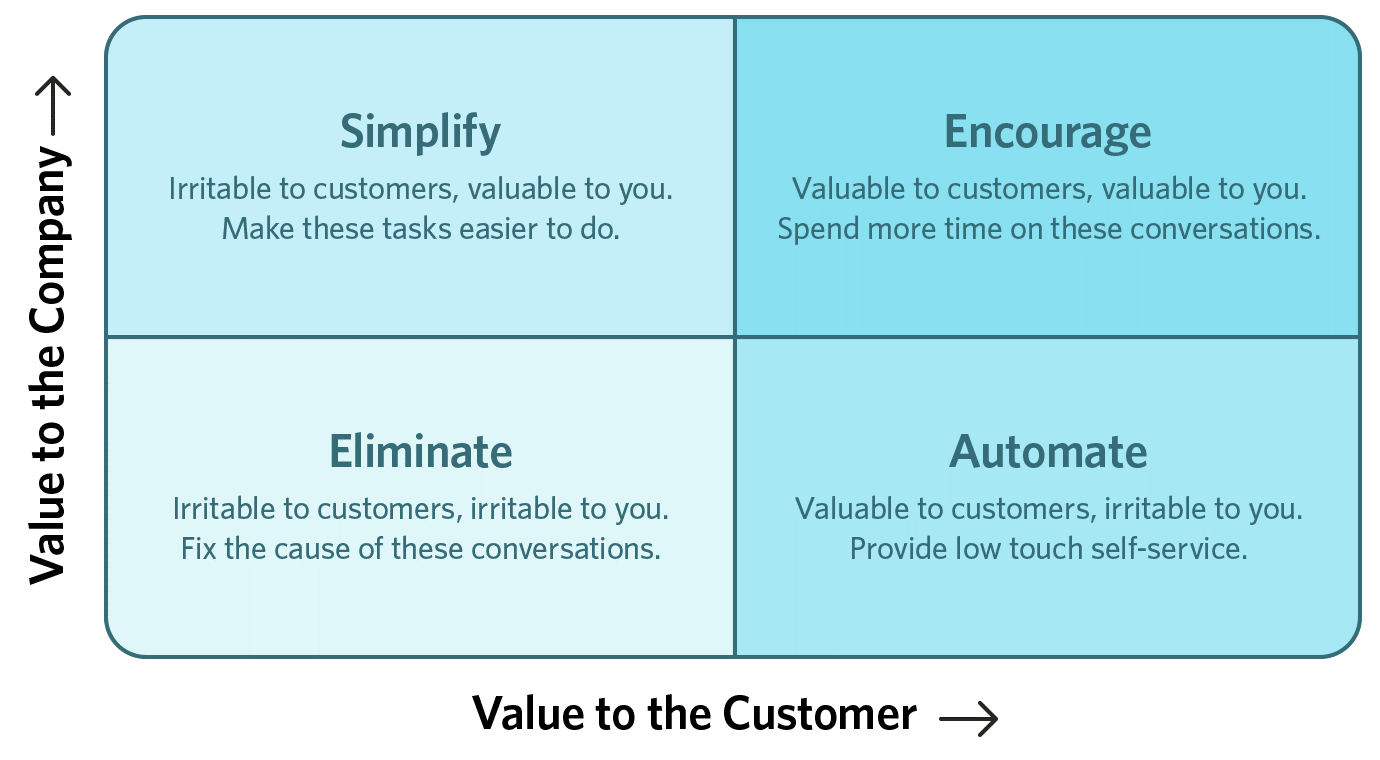Here are some ideas we picked up on a site visit to the UCAS contact centre in Cheltenham.
1. Get Your Agents Involved in Recruitment
A great way to help engage your agents with the business as a whole is to involve them in the recruitment process.
Not only will this get them off the phones for a day and give their work some variety, but it will also help with buy-in when it comes to introducing the new recruits to the floor.
2. Create a Head of Customer Experience for Each Customer Group
| UCAS Fact File | |
|---|---|
| Agents | 35 seats 31 FTE |
| Call volume | Inbound: 8,000 calls per week. (40,000 a day at peak times.) Outbound: Small occasional campaigns, varied volumes. Social Media: 2,000 responses per week, up to 3,500 per day at peak. |
| Technology | |
| ACD | Storm |
| Headsets | Plantronics |
| WFM | Teleopti |
| Agent Desktop | In-house system |
| Call Recording | Storm |
| Call Scoring | In-house form |
Creating a ‘Head of Customer Experience’ position for each customer group is a great way to focus all activity on the customer journey.
Responsibilities include conveying what is happening in the contact centre to other areas of the business, as well as looking at how any forthcoming changes will impact the customer.
The UCAS team have a ‘Head of Customer Experience’ for each of their three customer groups – applicants, universities and college advisors. Their focus is on maintaining a consistently high-standard customer experience across all touchpoints.
3. Agents Can Represent You Outside of the Contact Centre Too
Agents are frequently given the opportunity to represent the company at conferences and university open days across the country. This helps to give them a greater sense of purpose in the organisation.
“Our agents love getting involved in off-site activities, as it gives them a chance to build new skills and do something different with their day. It also makes them feel like business representatives, rather than just call centre agents,” said Stuart Williams, Contact Centre Manager at UCAS.
“By sending our agents to these events, we can also be confident that the students and parents are getting up-to-date and accurate information from the experts. After all, our agents are trained to deal with complex questions every day.”
4. Give Agents ‘Assist Cards’ so You Know When They Genuinely Need Help

Floor-walking supervisors are a great resource for agents. However, a wave for help can easily be confused with a stretch or yawn.
To avoid this confusion, give each agent a brightly coloured ‘Assist Card’. These cards can be held up in times of genuine difficultly and can help to ensure that your supervisors don’t waste time on false alarms.
You should also keep a log of why your agents needed help, and use this information to address any gaps in training.
5. Create a Wall of ‘Why I Love to Work Here’

Ask your agents to write down what they love about their job and working for the company.
You can then create an art project in your contact centre featuring these positive thoughts – inscribing them in glass or Pyrex, or simply writing them out on paper hearts, depending on your budget.
6. Have a Monthly “Shut Down” to Convey Important Messages
It is all too easy for important company messages to get lost in the shuffle of day-to-day activity, even if they are emailed to everyone in the building.
To overcome this, UCAS has a monthly “Shut Down” where all agents are taken off the phones for an hour and a half – and outsourcers cover the main lines.
During this time, the whole business comes together in a conference suite.
- Presentations are given about important changes, such as how new regulations are going to impact the contact centre
- There is an opportunity for Q&A
- Everyone socialises over refreshments
This is a great way to make sure that everyone gets the same information at the same time, as well as boost morale and interdepartmental communication.
7. Create Informative YouTube Videos and Share Them on Social Media

In addition to Facebook and Twitter, UCAS also communicates with their customer base online via their YouTube channel.
Their YouTube videos cover a wide range of topics, from explaining the difference between undergraduate and postgraduate study, to detail exactly what needs to go in a personal statement.
These videos are then embedded on the company website and shared across social media to help educate their audience.
This strategy has been known to drive down inbound contact by making it easier for customers to self-serve – and is especially effective if the contact centre is able to feed ‘video ideas’ to the marketing department based on the FAQs coming in.
8. Mark Twitter Responses With Agents’ Initials

It can be quite challenging to monitor who said what to whom on Twitter, especially when your agents are covering a single account on short shifts throughout the day.
A simple solution to this problem is for your agents to mark every tweet with their initials. This insight can help managers address quality and training issues.
9. Have a Cash Machine on Site Can Help Make Agents’ Lives Easier

Placing a cash machine (ideally one which doesn’t charge for withdrawals) in your canteen or break-out room can help to make your agents’ lives that bit easier.
This will make a more noticeable impact if your contact centre is on a business park with no ATM nearby.
Five More from our Revisit
Two years on, we revisited the UCAS contact centre and found five more ideas.
10. Move Away from Tick Box Scoring to a Star System
In the past month, UCAS have moved on from the traditional tick box method of scoring agents in quality monitoring sessions, and have instead created a three-star system.
This system, as highlighted in the following image, was brought in to ensure overall quality and to encourage natural conversation, as opposed to dropping a list of elements into an interaction.

UCAS commented that they were already having “success” with their new system, as it also sparked conversation between call analysts and agents on how they could improve. This is in terms of using positive language, building rapport and being emotionally intelligent, rather than a tick box system that reminds advisors of what they forgot to do.
11. Involve Advisors in Calibration Sessions
To ensure that advisors are scored fairly in quality monitoring sessions, UCAS hold calibration sessions and invite a couple of different agents each time.
This has helped to close the gap between the way agents interpret the new-three star scoring system and the way in which analysts do. By boosting this understanding, agents can then replicate the behaviours that they know analysts, and consequently the wider business, values.
12. Use This Grid When Debating Over Process Improvements
UCAS often run advisor focus groups to determine areas in which the agent role could be simplified, job satisfaction could be enhanced and the customer experience improved.
Any ideas for how to do so are then collected and sorted using the grid below.

(This grid is further discussed in the article: A Simple Technique to Improve Your Contact Centre Strategy)
Senior managers use this grid so that:
- Ideas with little value to the customer or the company are eliminated
- Ideas with value to the customer but not the company are automated
- Ideas with value to the company but not the customer are simplified
- Ideas with value to both the customer and company are encouraged
In addition, any processes that advisors report customers are having issues with are set out in a flow chart named the “waste snake”, with the first step beginning at the head of a snake, with the process drawn out across its body.
This then presents an overall picture from which managers can find areas to simplify, automate or eliminate.
[Processes must not be confused with the customer journey. For more information on their distinction, read our article: 6 Ideas for Customer Journey Mapping]
13. Ask Advisors to Go on Their Own Customer Journeys
To gain a greater understanding of the customer experience, newbies in the UCAS contact centre are asked to create their own university applications, without hitting the final submission button.
Also, when one small process is changed, each advisor will have to repeat the process, so advisors have first-hand knowledge of the exact journey being undertaken by the person on the other end of the phone.
14.Target Certain Professions for Part-Time Work
With UCAS being in the rather unique position of taking 8-10% of their annual call volume in one day, the contact centre needs be specially equipped for peak periods.
So, with help from their outsource partner, the company target certain other professions and offer part-time work. In fact, UCAS mainly target supply teachers, who are likely to have time free in August, as they have a better understanding of guiding students through the process than most.
Are there any professions that your contact centre can target during peak periods? Maybe university students, who have a good understanding of the business and are in need of the money?
It may be better for morale to recruit these part-timers than to force advisors to work during certain times in the year.
3 things you probably didn’t know about UCAS:
- They take 13% of their annual call volume in one day – A-Level results day. On this day each year, support from their outsourcer jumps from 8 to 200 agents (with each agent receiving 5 days of training in the lead-up to the big day).
- They are a charity and receive no public or government funding.
- They still receive post. Despite 92% of their ‘learner users’ (those applying for university courses, or similar) having a Facebook account, they still receive formal letters from a variety of sources – including senior university personnel.
Author: Megan Jones
Reviewed by: Robyn Coppell
Published On: 10th Jul 2017 - Last modified: 26th Jan 2026
Read more about - Call Centre Management, Management Strategies, Poly, Site Visits





































Good Article!
Great article. It would be interesting to find out how they manage the 40,000 calls p/d at peak period.
Amazing article. I would love know more about their best practices/ challenges when their outsourcer recruits 200 agents (with each agent receiving 5 days of training in the lead-up to the big day).
Thank you
Danny